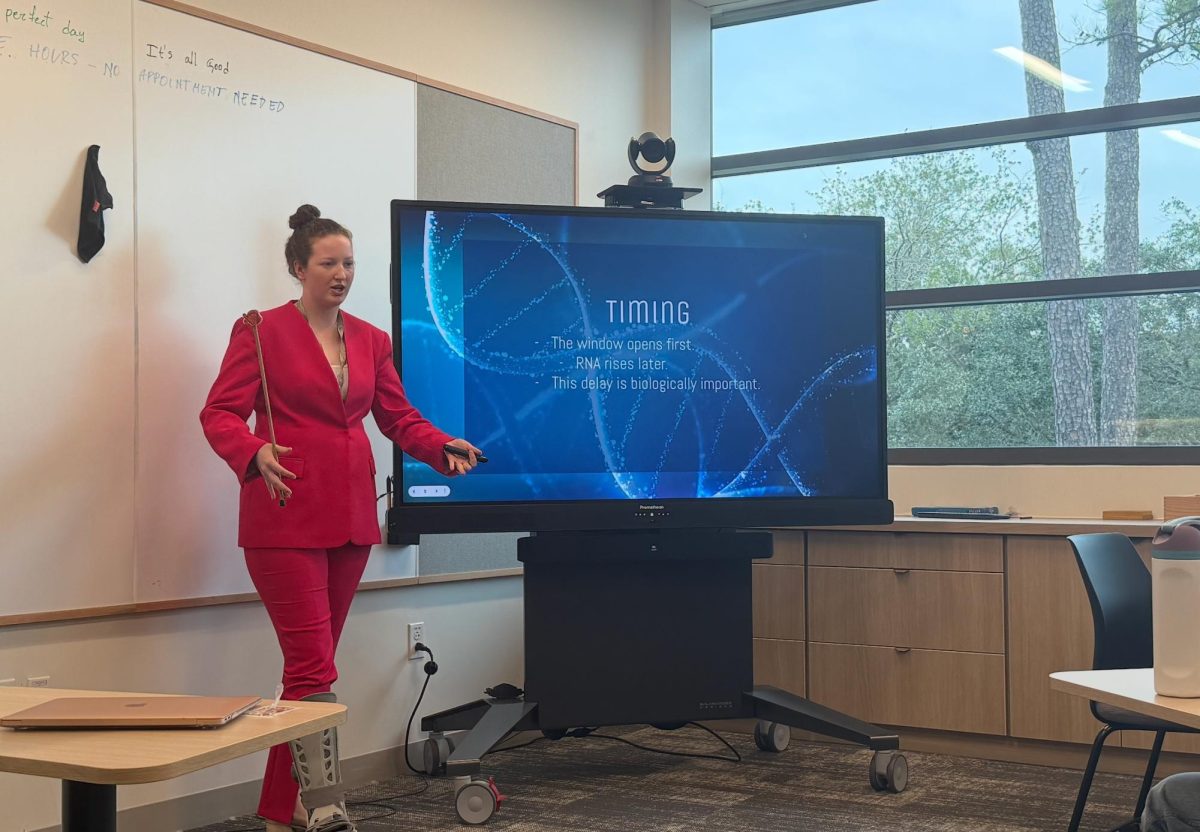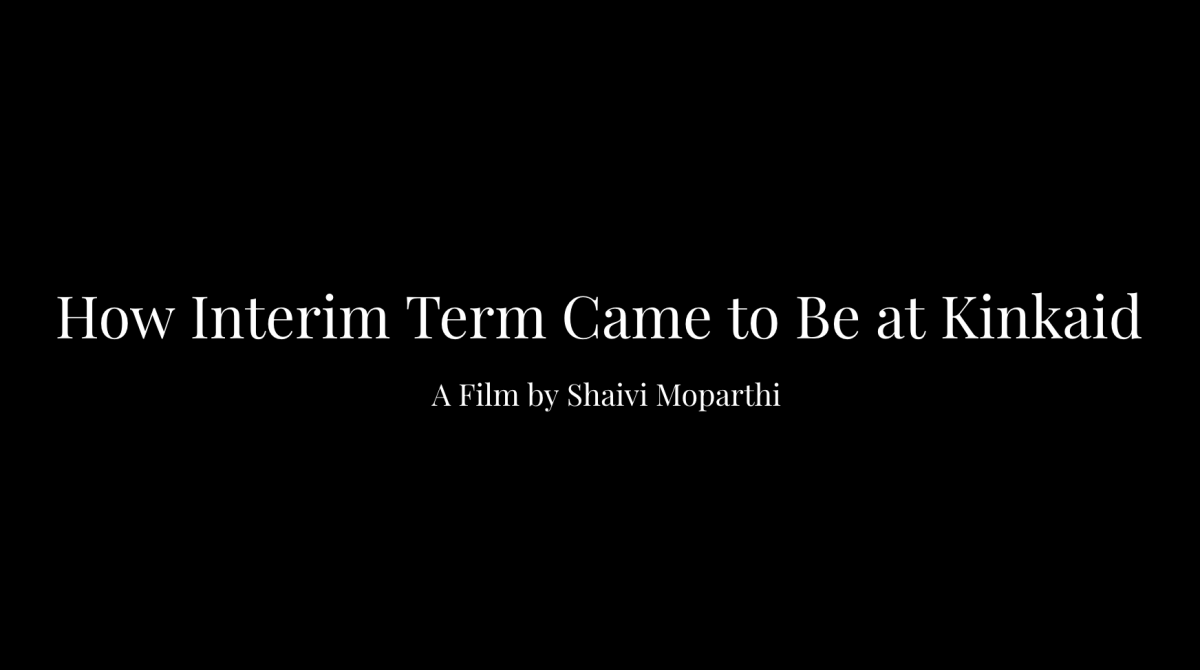Many Kinkaid sophomores, juniors, and seniors know the feeling of waking up early on a Satuday morning to get to 8 a.m. detention, where they spend an hour picking up garbage and then working silently for the next three. However, due to a recent change in the handbook, this is no longer a weekly occurrence.
Every year, the school handbook is tweaked to better serve the Kinkaid community. This year, one of the new policies was an updated detention code.
The policy in the handbook lists a new type of detention at Kinkaid: 30-minute detentions, for minor issues and are held before school on Tuesdays and after on Thursdays. If a student accumulates four of these 30-minute detentions, they are given a Saturday detention. In the past, Saturday detentions were the primary type of detention, and detentions were assigned in increments of two to four hours.
Dean of students, Mr. Josh Ramey, said the reasoning behind changing the detention policy is that the old system was simply ineffective and that; “if it’s not working, you try to x it. In the past, getting students to come to Saturday detentions was the biggest problem. People would have lingering detentions, and they would accumulate these hours and we had people finishing the year with 80 plus hours that they had to make up. We had students the last two years who did not get their diplomas at graduation and had to come in during the summer to finish their detentions so they could get their diplomas.”
Mr. Ramey said that the policy has fixed this problem because “it’s during the week, so they don’t get pushed off . People aren’t going out of town; people don’t have funerals or weddings. If someone misses Tuesday or Thursday, it’s because they are late to school or forgot, and they get another detention, but we haven’t had much of that. Every week, there’s maybe one or two people I have to email saying they didn’t come to detention. There used to be this huge Google Doc that had everyone’s detention hours on it, and they would just keep on racking up. Now we don’t have that anymore. The bottom line is detention is a punishment; it shouldn’t be attended at the student’s leisure. Now, with the 30 minute detentions, it’s a very minor punishment; the point is to get the student to stop doing what they were doing before.”
The policy has received both praise and criticism from students.
Myles Chandler (12) said, “I like the new policy a lot better because it’s only 30 minutes and we don’t have to get up early on Saturday. What I don’t like is that you can get detentions for stuff like dress code which used to be just a dress day.”
The handbook lists “dress code violations” as an accept- able reason for a detention; this has always been allowed, but was not necessarily en- forced as an additional dress day was the typical punishment for dress code violations in the past.
Basil Iftikhar (12) is not a fan of the new policy. He said, “it is new but not improved. It still feels like [students] are getting in trouble unfairly. I don’t think that teachers should be able to give out detentions so freely.”
Mr. Ramey agrees that detentions handed out by teachers have gone up, but doesn’t think that the total amount of detentions has risen. He said, “Teachers always had the ability to give detentions and some did. There’s now a way for teachers to enter it online themselves, but it hasn’t really increased the overall number of detentions. The other thing is that with the 8:30 a.m. start, we have a lot less people being tardy, so I would imagine a lot of it has to do with the less amount of tardies.”







